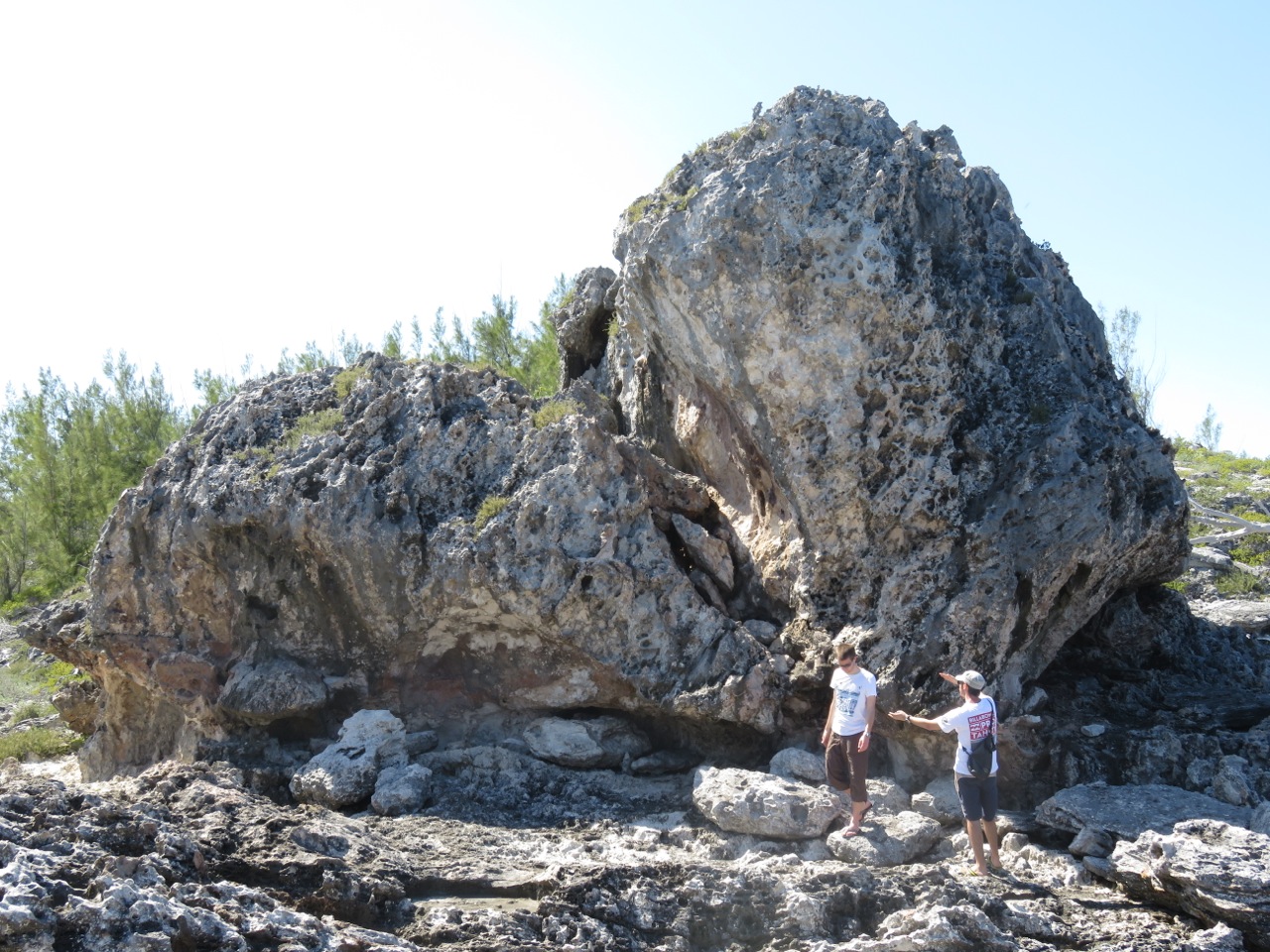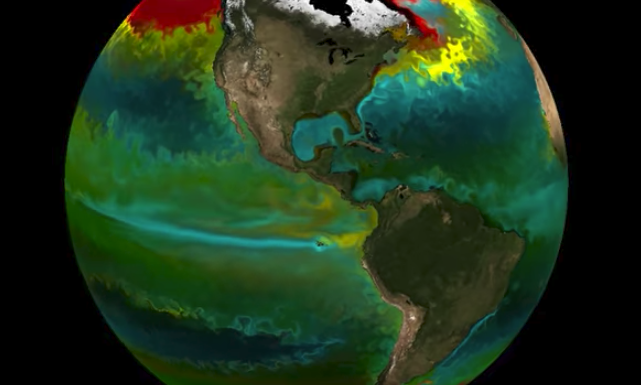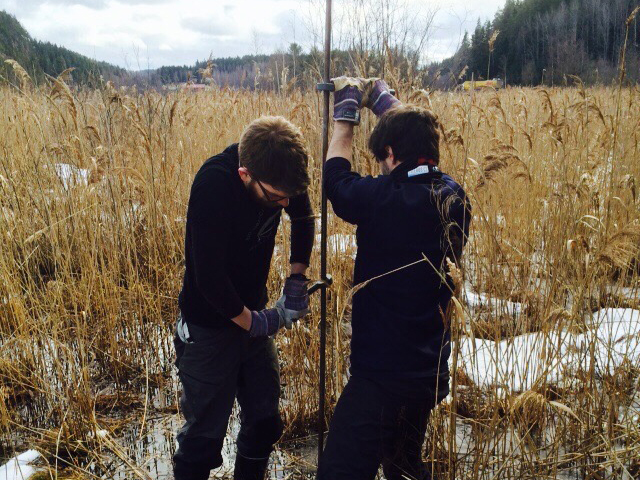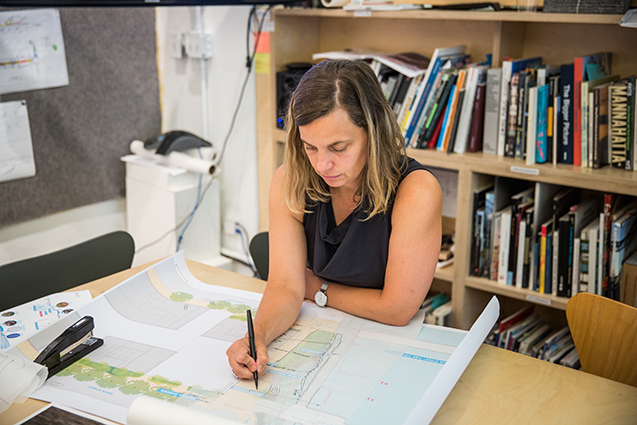01
November
New research finds that storms of intensities seen today, combined with a few meters increase in sea level, were enough to transport coastal boulders weighing hundreds of tons more than 100,000 years ago.
Read More
31
October
Columbia University scientists find that the warmer, more acidic waters caused by rising carbon dioxide levels influence the behavior of tiny marine organisms essential to ocean health.
Read More
24
October
Volcanic eruptions have been known to cool global climate, but they can also exacerbate the melting of ice sheets, says a new Columbia University study.
Read More
20
October
A team of Zuckerman Institute neuroscientists, data scientists, and engineers together received a grant to answer one of biology’s most fundamental questions: How does the brain tell the body to move?
Read More
17
October
The effort could prove transformational for science and medicine by laying the groundwork for tailored therapies that target specific malfunctioning cell types, offering hope that spinal-cord disease and injury may one day be more effectively treated, or even cured.
Read More
16
October
Astronomers, including a team at Columbia University, have for the first time witnessed a pair of dead neutron stars colliding, and have confirmed that the heaviest metals in the universe, from gold to platinum, are formed in explosions like this one spotted 130 million light-years away.
Read More
11
October
Kate Orff, an associate professor at Columbia’s Graduate School of Architecture, Planning and Preservation and member of the Earth Institute, designs urban environments for the future by combining ecology, climate dynamics, and community.
Read More







